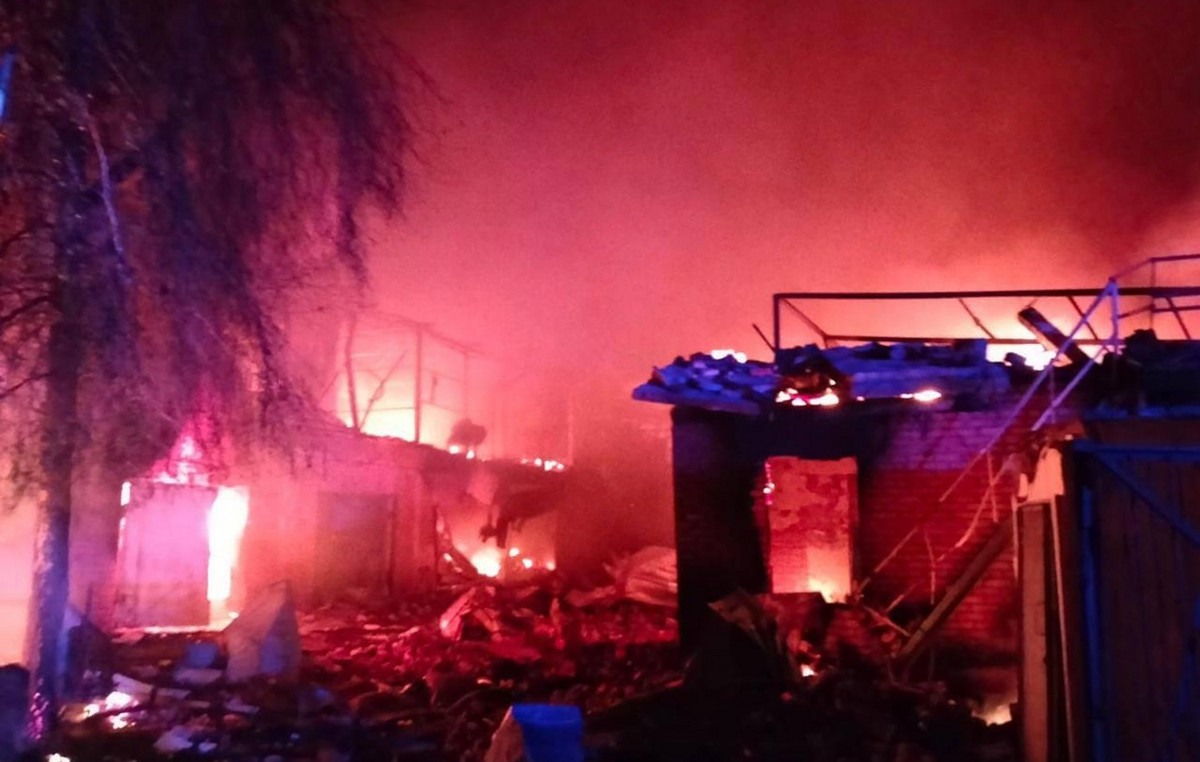Embraer announced this Monday (7th) its entry into the air cargo transport market with the launch of passenger-to-freighter conversions of the E190F and E195F (P2F) jets.
According to the company, the freighter E-Jets are designed to meet the demands generated by e-commerce and new commerce operations, which require very agile and decentralized deliveries.
“Perfectly positioned to bridge the gap in the market between turboprop freighters and jets narrowbodies larger, our P2F E-Jets conversion comes to market at a time when demand from air freight to cargo continues to take off, and as e-commerce and commerce in general undergo a global transformation,” says Arjan. Meijer, President and CEO of Embraer Commercial Aviation.
According to the company, full freighter conversion is available for all E190 and E195 aircraft, with entry into service scheduled for early 2024.
Embraer sees a market for aircraft of this size of approximately 700 aircraft over 20 years.
Embraer sees three major opportunities: the current narrow-body cargo aircraft are old, inefficient, highly polluting and are within the refurbishment or retirement window; the ongoing transformation of the intersection of commerce, business and logistics has led to unprecedented and widespread demand for air freight, particularly same-day delivery and decentralized operations; the first E-Jets that entered service about 10 or 15 years ago are coming out of long-term leases and starting their replacement cycle over the next decade.
Full cargo conversion will extend the life of more mature E-Jets by another 10 to 15 years, and encourage replacement with more efficient, more sustainable and quieter aircraft.
Cargo E-Jets will have 50% more volume capacity and three times the range of large cargo turboprops and operating costs up to 30% more than jets narrowbodies.
“Freighter E-Jets will provide fast, reliable and cost-effective service to carriers, extend the life of E-Jets by an additional 10 to 15 years, and maintain the residual value of E-Jets, thus creating a strong business case that encourages replacing older planes with modern, more efficient and less polluting passenger planes,” says Johann Bordais, President & CEO, Embraer Services and Support.
“With more than 1,600 E-Jets delivered worldwide, customers in this new freighter segment will benefit from a mature and well-established global service network and a comprehensive product portfolio ready to support their operations from the first day.”
Conversion to freighter will be carried out at Embraer’s facilities in Brazil and includes: main deck cargo door; cargo handling system; floor reinforcement; Rigid Load Barrier (RCB) – 9G Barrier with Access Door; smoke detection system on the freighter, including class “E” fire extinguishers in the upper cargo compartment; changes in the air management system (cooling, pressurisation, etc.); interior removal and provisions for transporting hazardous materials.
The E190F can carry a payload of 23,600 pounds (10,700 kilograms), while the E195F can carry a payload of 27,100 pounds (12,300 kilograms).
Source: CNN Brasil
I am Sophia william, author of World Stock Market. I have a degree in journalism from the University of Missouri and I have worked as a reporter for several news websites. I have a passion for writing and informing people about the latest news and events happening in the world. I strive to be accurate and unbiased in my reporting, and I hope to provide readers with valuable information that they can use to make informed decisions.







